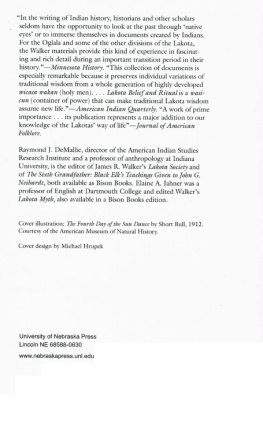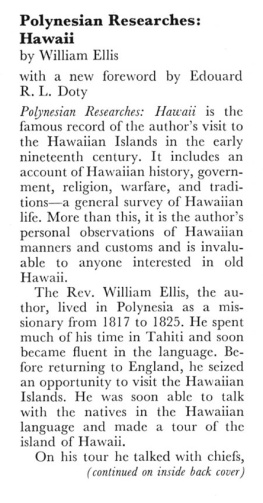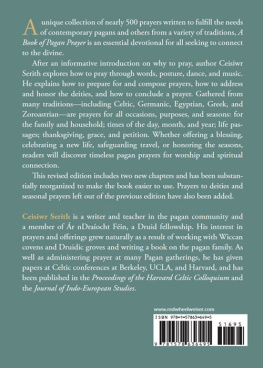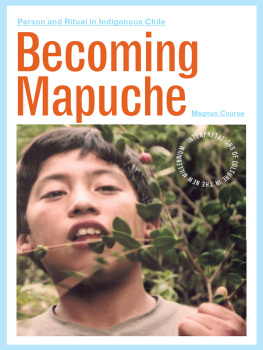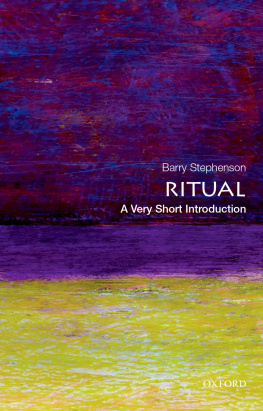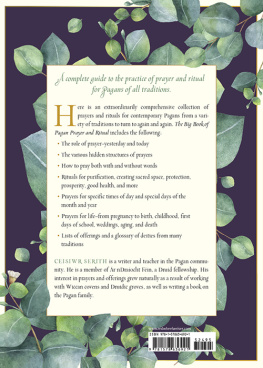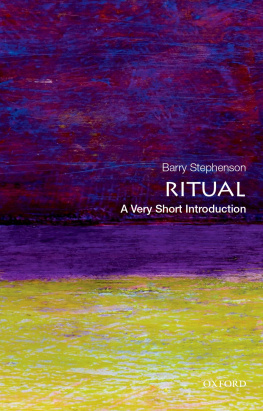MALAY PEASANT SOCIETY IN JELEBU
LONDON SCHOOL OF ECONOMICS MONOGRAPHS ON SOCIAL ANTHROPOLOGY
Managing Editor: Anthony Forge
The Monographs on Social Anthropology were established in 1940 and aim to publish results of modem anthropological research of primary interest to specialists.
The continuation of the series was made possible by a grant in aid from the Wenner-Gren Foundation for Anthropological Research, and more recently by a further grant from the Governors of the London School of Economics and Political Science. Income from sales is returned to a revolving fund to assist further publications.
The Monographs are under the direction of an Editorial Board associated with the Department of Anthropology of the London School of Economics and Political Science.
LONDON SCHOOL OF ECONOMICS
MONOGRAPHS ON SOCIAL ANTHROPOLOGY
No. 29
MALAY PEASANT SOCIETY IN JELEBU
BY
M. G. SWIFT
First published 1965 by THE ATHLONE PRESS
Published 2020 by Routledge
2 Park Square, Milton Park, Abingdon, Oxon OX14 4RN
605 Third Avenue, New York, NY 10017
Routledge is an imprint of the Taylor & Francis Group, an informa business
Copyright M. G. Swift, 1965
All rights reserved. No part of this book may be reprinted or reproduced or utilised in any form or by any electronic, mechanical, or other means, now known or hereafter invented, including photocopying and recording, or in any information storage or retrieval system, without permission in writing from the publishers.
Notice:
Product or corporate names may be trademarks or registered trademarks, and are used only for identification and explanation without intent to infringe.
Library of Congress Catalog Card No. 65-14844
ISBN13: 978-1-8597-3889-4 (hbk)
TO MY PARENTS
DISTRIBUTORS
Constable & Co Ltd
Canada
Oxford University Press
Toronto
AGENTS OVERSEAS
East and Central Africa
Hutchinson & Co (Publishers) Ltd
South Africa
Hutchinson & Co (Publishers) Ltd
Australia and New Zealand
Melbourne University Press
Far East
Donald Moore
Brazil
Dr J. E. Bloch
Preface
This book is a shortened version of a thesis presented for the Ph.D. degree in the University of London. Fieldwork was made possible by an award from The Treasury Committee for Studentships in Foreign Languages and Cultures, to whom go my sincere thanks.
I wish to acknowledge my great debt to Professor Raymond Firth for patient guidance and help, not only as supervisor of my graduate work, but throughout my training in anthropology.
My work in Malaya was made easier and pleasanter by the friendly helpfulness I met on all sides, whether amongst private individuals, or amongst all ranks, high and low, of Government service. I am especially grateful for the kindness of Enche Saidin bin Dain and of Mr. and Mrs. John Watts. To the people of Jelebu, especially my neighbours in the village where I lived, my debt is also great; here I would mention particularly Enche Hashim bin Bashir, Enche Mohd. Derus bin Yaakub, Almarhum Dato Panglima Perang Mahad and their families, and, above all, Enche Hussin bin Haii Abdul Rahman and his family.
To my many other friends who will know that they too deserve thanks and acknowledgement I can only plead the impossibility of mentioning everyone, and assure them that their kindness is gratefully remembered.
Hutang etmas di-bayar emas,
Hutang budi di-bawa mati.
My thanks also go to my wife, both for help with the book itself, and above all for her continued patient encouragement.
Sydney, 1963
M.G.S.
The Malays of Negri Sembilan have for long been known as a classic instance of a society with a strongly marked matrilineal principle. This analysis reveals for the first time in systematic detail the structure and working of one major social and economic sectorthe district of Jelebu. The author spent two main periods of intensive field research in the area, at a time when the Communist 'Emergency' made investigation very difficult, and he has remained in very close touch with Malay life. His book is a notable addition to our knowledge not only of Negri Sembilan but also of processes of social and economic change throughout the Malay peasantry as a whole.
Dr Swift is Lecturer in Social Anthropology in the University of Sydney.
30s net
Contents
- II. THE TRADITIONAL POLITICAL SYSTEM
- III. THE NATURE OF THE ECONOMY
- IV. THE MAJOR PRODUCTS: RICE
- V. THE MAJOR PRODUCTS: RUBBER AND FRUIT
- VI. SAVING AND CAPITAL
- VII. THE DECLINE OF THE TRADITIONAL POLITICAL ORGANIZATION
- VIII. SOME RECENT ADAT DISPUTES
- IX. FAMILY AND DOMESTIC GROUPS (1)
- X. FAMILY AND DOMESTIC GROUPS (2)
- XI. THE VILLAGE, STATUS AND SOCIAL STRATIFICATION
- XII. ECONOMY AND SOCIETY
- II. THE TRADITIONAL POLITICAL SYSTEM
- III. THE NATURE OF THE ECONOMY
- IV. THE MAJOR PRODUCTS: RICE
- V. THE MAJOR PRODUCTS: RUBBER AND FRUIT
- VI. SAVING AND CAPITAL
- VII. THE DECLINE OF THE TRADITIONAL POLITICAL ORGANIZATION
- VIII. SOME RECENT ADAT DISPUTES
- IX. FAMILY AND DOMESTIC GROUPS (1)
- X. FAMILY AND DOMESTIC GROUPS (2)
- XI. THE VILLAGE, STATUS AND SOCIAL STRATIFICATION
- XII. ECONOMY AND SOCIETY
Guide
| MAP |
| Traditional Political Boundaries in Negri Sembilan |
| TABLES |
| 1. Ownership of Rubber Land in a Village |
| 2. Household Composition of a Village |
| 3. Marriage and Divorce in Jelebu 1950-60 |
This study of Malay peasant social organization in Jelebu is especially concerned with two topics, the matrilineal kinship system and the economy.
Jelebu is an administrative District of the Malayan State of Negri Sembilan, and was also a major district (luak) of the traditional polity. Negri Sembilan has attracted more anthropological attention than other parts of Malaya because of the matrilineal organization of the Malay inhabitants. They are organized into clans and subclans, which are grouped by districts under a chief (undang), selected from one of the clans, who rules with a council of the clan chiefs. All districts are united under the authority of a royal ruler (Yang di Pertuan Besar or Yam Tuan), who lives with other princes in the small central district of Sri Menanti. Royal title and office, unlike clan membership and office, are transmitted patrilineally.
In the past the main economic activity was the cultivation of rice in the narrow valleys of this hilly State, but in modem times the cultivation of cash crops, especially the growing of rubber on the hill slopes, has become of major importance. These modem economic changes have also favoured changes in the traditional arrangements concerning property and inheritance, which were formerly direct expressions of the kinship system. Traditional society has also been greatly affected by the growth, under British control, of modem administration.


